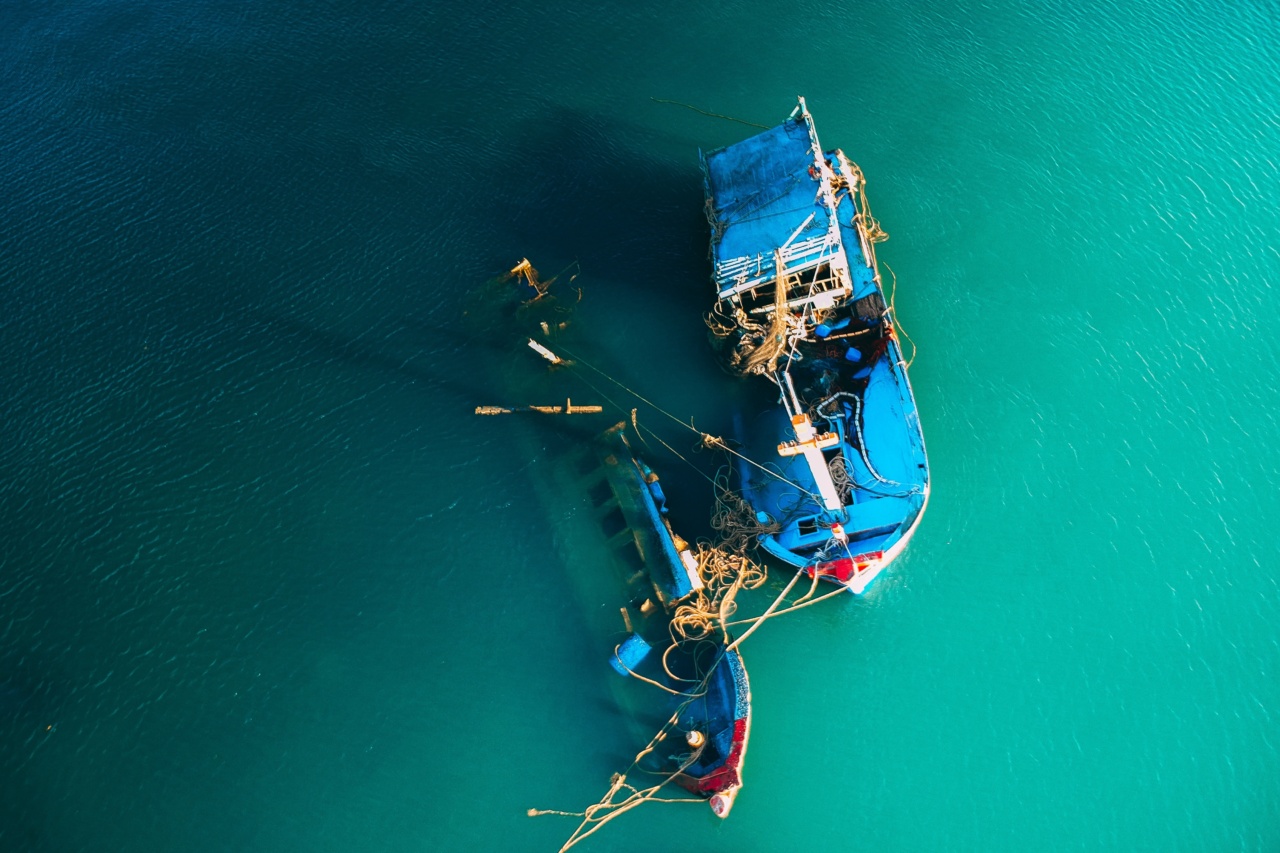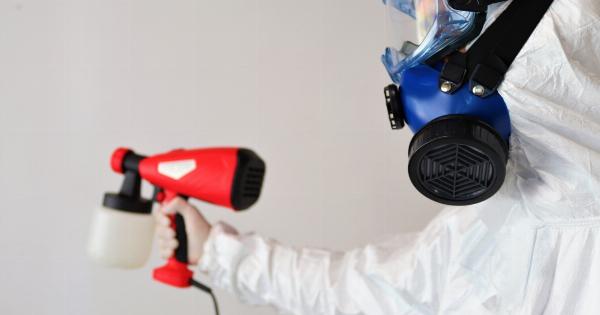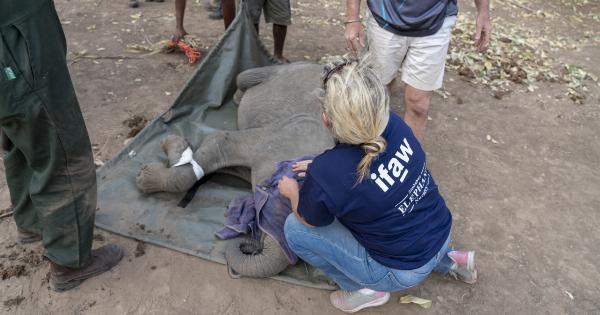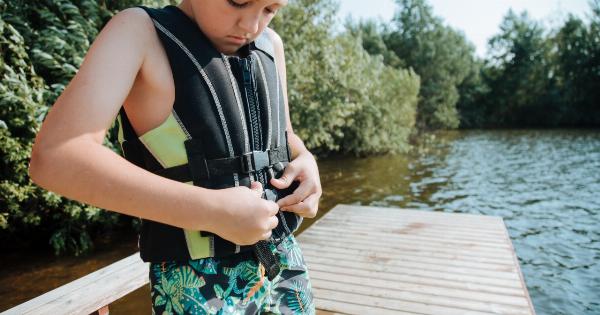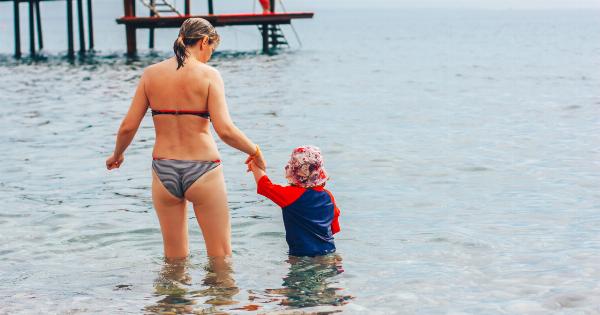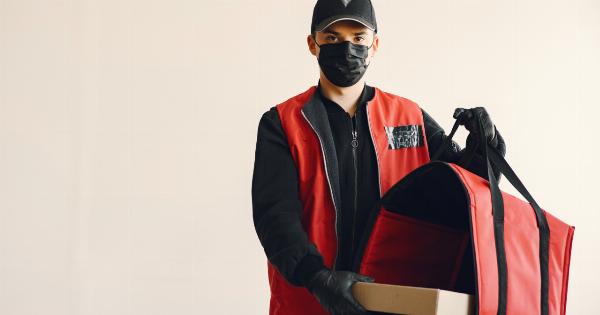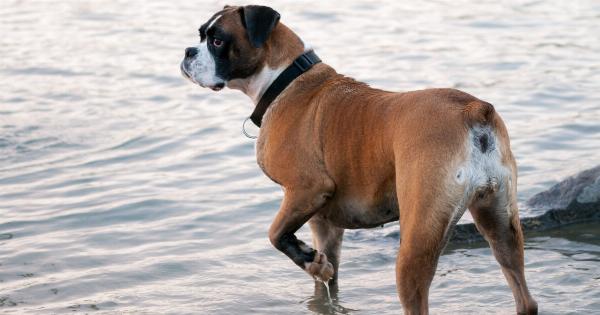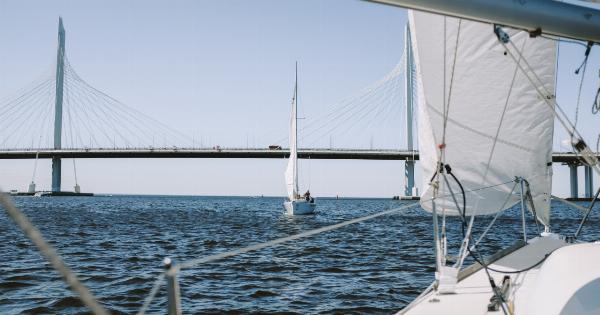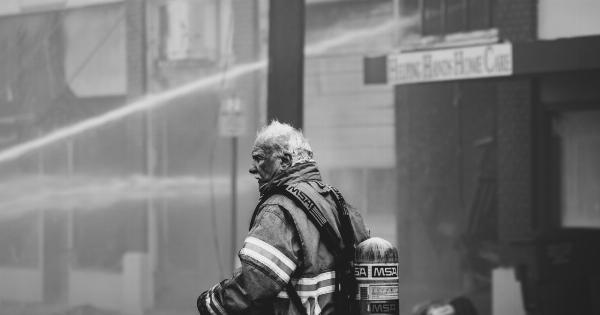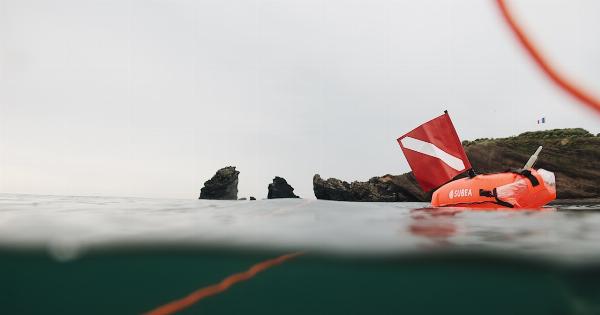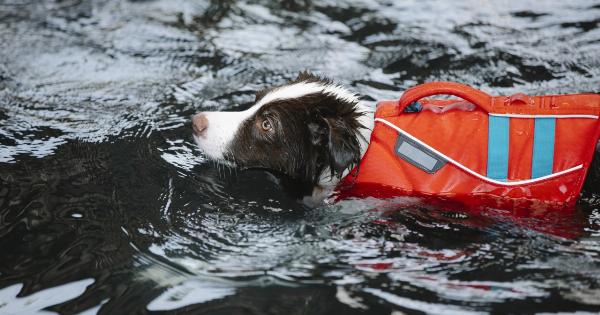Spending time near water can be fun and relaxing, but it also poses a risk. Every year, a significant number of people are injured or lose their lives in water-related accidents.
However, the key to avoiding accidents is by being prepared and taking necessary safety measures. Here are some ways to safeguard yourself from water accidents:.
1. Learn to Swim
It may seem obvious but the most important step to take is learning how to swim.
Taking swimming lessons can give you the confidence to enjoy water activities safely and help increase your chances of survival if you find yourself in an emergency situation. Investing in swimming lessons or perfecting your swimming technique can go a long way in helping you stay safe in the water.
2. Supervise Children in the Water
Children are naturally drawn to the water so it’s crucial to supervise them when they are around it. Whether it’s a pool, lake, or beach, make sure any children in your care are within arm’s reach and never leave them unattended.
Additionally, implement rules such as no running around the pool or jumping in without an adult present to keep them safe.
3. Wear a Life Jacket
A life jacket is essential when participating in any water activity such as boating, kayaking, or rafting. Ensure that the life jacket fits well and is secured correctly.
Even if you are a strong swimmer, it’s always better to be safe than sorry, so always wear a life jacket when out on the water.
4. Respect Warning Signs and Flags
Every beach or pool will have warning signs and flags to indicate the water’s safety level. Unfortunately, not everyone observes them. Ignoring these signs can be disastrous as it indicates risks such as rip currents or dangerous wildlife.
If there are any warning signs or flags in place, be sure to heed them and avoid putting yourself or others in danger.
5. Avoid Alcohol Consumption
Drinking alcohol and water activities do not mix. It’s easy to get carried away with fun activities, but consuming alcohol can impair your judgment and reaction time.
Furthermore, it can affect your ability to swim which puts you at a higher risk of drowning. Avoid consuming alcohol before or during any water activity to reduce the risk of accidents.
6. Be Prepared for Emergencies
Always be prepared for emergencies by carrying out safety measures such as knowing basic first aid, carrying a whistle, or having a flotation device nearby. Although it’s best to avoid emergencies, you must plan for the worst-case scenario.
It’s better to have the necessary equipment on hand rather than scramble around in a panic if something should happen.
7. Know the Weather Conditions
Before heading out for any water activity or swim, it’s crucial to check the weather forecast. Strong winds, storms, and even extreme heat can pose a danger and lead to accidents.
Keeping updated on weather conditions can help you plan accordingly and make the necessary adjustments to keep yourself safe.
8. Practice Safe Boating
Boating is an excellent way to enjoy the water, but you must practice safe boating techniques. Ensure that all safety equipment such as life jackets, first aid kits, flares, and fire extinguishers are on board and in good condition.
Additionally, make sure the boat is not overloaded, and everyone onboard knows how to swim, is wearing a life jacket, and is prepared for emergencies.
9. Learn CPR
CPR can help keep someone alive until medical help arrives in the event of an emergency. Learning CPR can help you feel confident in your ability to provide immediate assistance and help save a life.
10. Stay Within Your Limits
Lastly, it’s important to understand your level of swimming ability and stay within your limits. Pools, lakes, and oceans can be unpredictable, and it’s essential to respect its power.
Don’t attempt activities that exceed your capabilities and always have someone nearby to lend a hand if needed.
